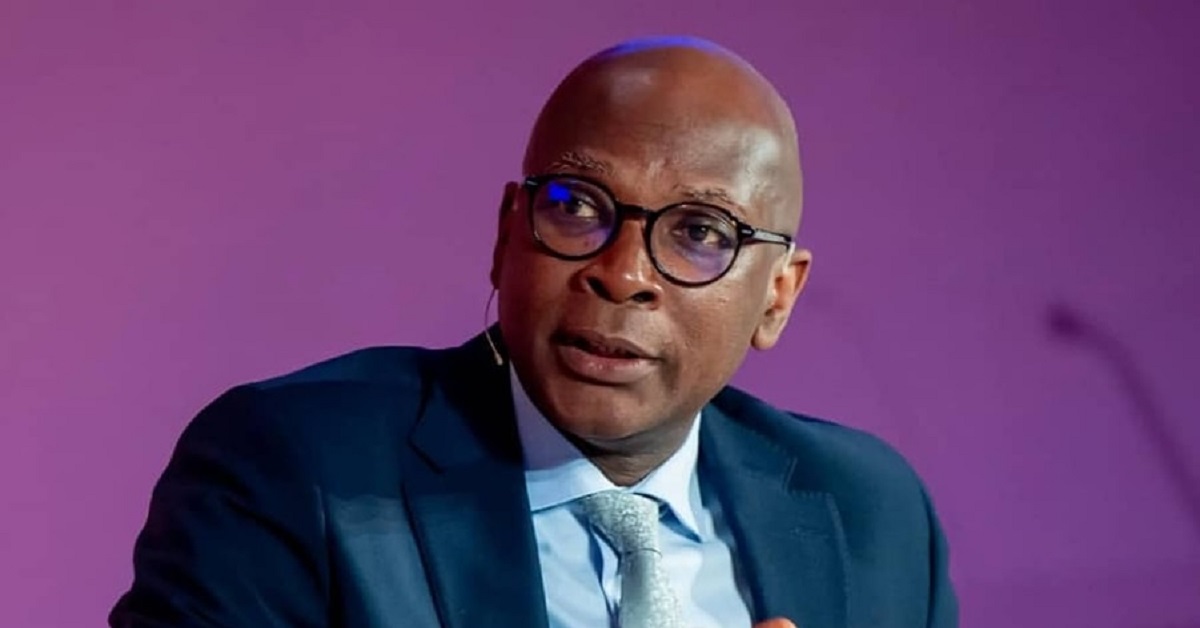Conrad Sackey, Minister of Basic and Senior Secondary Education has explained Sierra Leone’s strategies on enhancing operational efficiency of the education sector in Qatar.
The minister has participated in the High-Level Dialogue on Fostering Fiscal Sustainability in Education which was moderated by the Education Above All (EAA), in the just concluded 4th Qatar Economic Forum (QEF), Powered by Bloomberg, at the Fairmont and Raffles, Doha, Qatar.
Minister was requested to provide a perspective with regards the challenges that his ministry faces in ensuring that funding is efficiently spent in the sector and what strategies are deployed to ensure operational efficiency, given the financial challenges the sector is facing.
In his statement, Minister Sackey stated Sierra Leone’s unwavering commitment to education and the challenges which included Data availability and M&E issues, many competing demands for limited funding, Communication and coordination, Inefficient procurement processes and Corruption for which the minister gave a highlight on how they have worked to settle most of these problems.
He furthered that, his ministry in combatting the projected challenges has developed to enhance operational efficiency including promoting and applying results-based programming, which embeds the Education Sector Plan (2022-2026), which accoding to him is demonstrated through programmes such as the Sierra Leone Education Innovation Challenge and Education Outcomes Fund ($18m a three year experimental programme to enhance Foundational Literacy) – assessed on learning outcomes, Education Above All Educate a Child ($15m programme targeting 120,000 currently out-of-school) – assessed on numbers of out-of-school children who are reintegrated back into formal system, adding that the strategy of increasing the Ministry’s focus on learning assessments, underscoring the shift of focus from inputs to outputs and to track what and how students are learning. Examples include the EGRA / EGMA and Sierra Leone Secondary Grade Learning Assessment (SGLA). These have been donor-led and funded, and therefore, ad-hoc in nature he stated, which warranted nationally designed assessments for grades 2 and 4 to track progress.
The minister revealed that a formative assessment that would be nation-wide Foundational Learning programmes are being delivered this year aimed to develop teacher skills to strengthen formative assessment and simultaneously capture data for regional and national decision-making to support more responsive feedback.
He added that, the strategies on System strengthening by developing capacity throughout to reduce remediation needs and/or missing marginalised learners. The investment in teacher training and development across the system to improve the quality of education and reduce the need for remediation which includes supporting all P1-P4 teachers on foundational learning knowledge and skills over the next 4 years. He mentioned the progress made on the national policy on Radical Inclusion which targets historically marginalised groups.
He called for a greater support for financing education, developing sustainable financing and enhancing operational efficiency.











